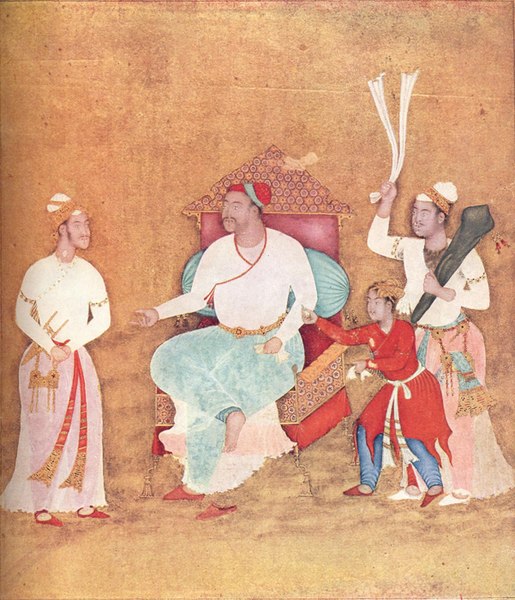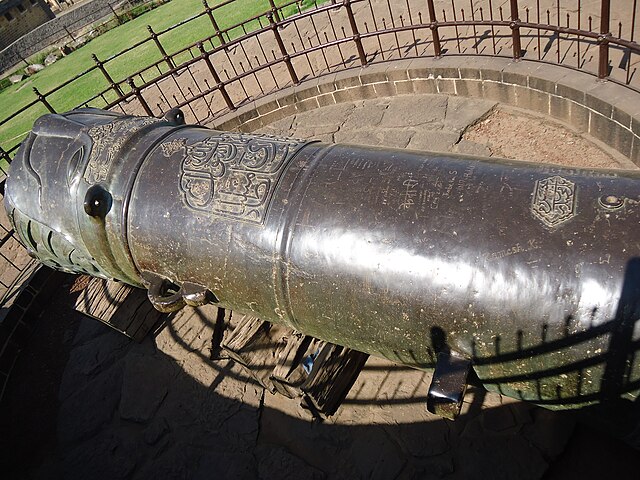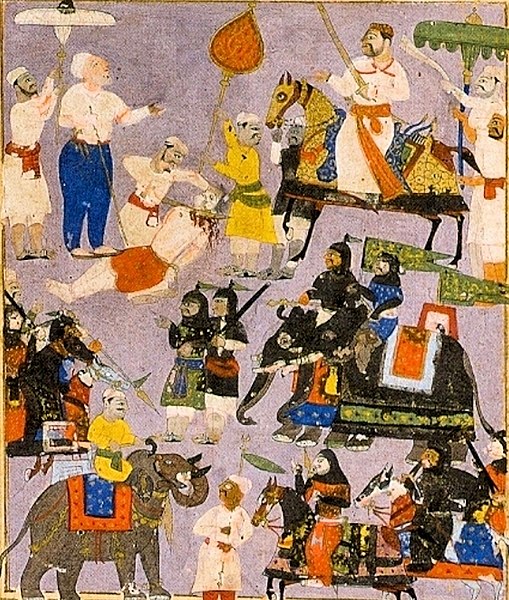The Deccanis or Deccani people are an Indo-Aryan ethno-religious community of Deccani-speaking Muslims who inhabit or are from the Deccan region of Western and Southern India. The community traces its origins to the shifting of the Delhi Sultanate's capital from Delhi to Daulatabad in 1327 during the reign of Muhammad bin Tughluq. Further ancestry can also be traced from immigrant Muslims referred to as Afaqis, also known as Pardesis who came from Central Asia, Iraq and Iran and had settled in the Deccan region during the Bahmani Sultanate (1347). The migration of Muslim Hindavi-speaking people to the Deccan and intermarriage with the local Hindus whom converted to Islam, led to the creation of a new community of Hindustani-speaking Muslims, known as the Deccani, who would come to play an important role in the politics of the Deccan. Their language, Deccani, emerged as a language of linguistic prestige and culture during the Bahmani Sultanate, further evolving in the Deccan Sultanates.

Deccanis
All Steel Deccani Sword, the Tulwar
The Malik-i Maidan cannon
Sultan Hussain Nizam Shah I beheads Rama Raya
Deccani or Deccani Urdu is an Indo-Aryan language spoken in the Deccan region of south-central India and the native language of the Deccani people. The historical form of Deccani sparked the development of Urdu literature during the late-Mughal period. Deccani arose as a lingua franca under the Delhi and Bahmani Sultanates, as trade and migration from the north introduced Hindavi to Deccan. It later developed a literary tradition under the patronage of the Deccan Sultanates. Deccani came to influence Hindavi, on which Urdu and Hindi are based.
A folio from the Kitab-i-Navras, a collection of Deccani poetry attributed to the Adil Shahi king Ibrahim Adil Shah II (16th-17th centuries)
Illustrated page from ibn-e-Nishati's "Phulban" (Flower Garden), a Deccani Urdu rendition of an unknown Persian work. Written under the patronage of Abdullah Qutb Shah, depicted here seated on a throne.






